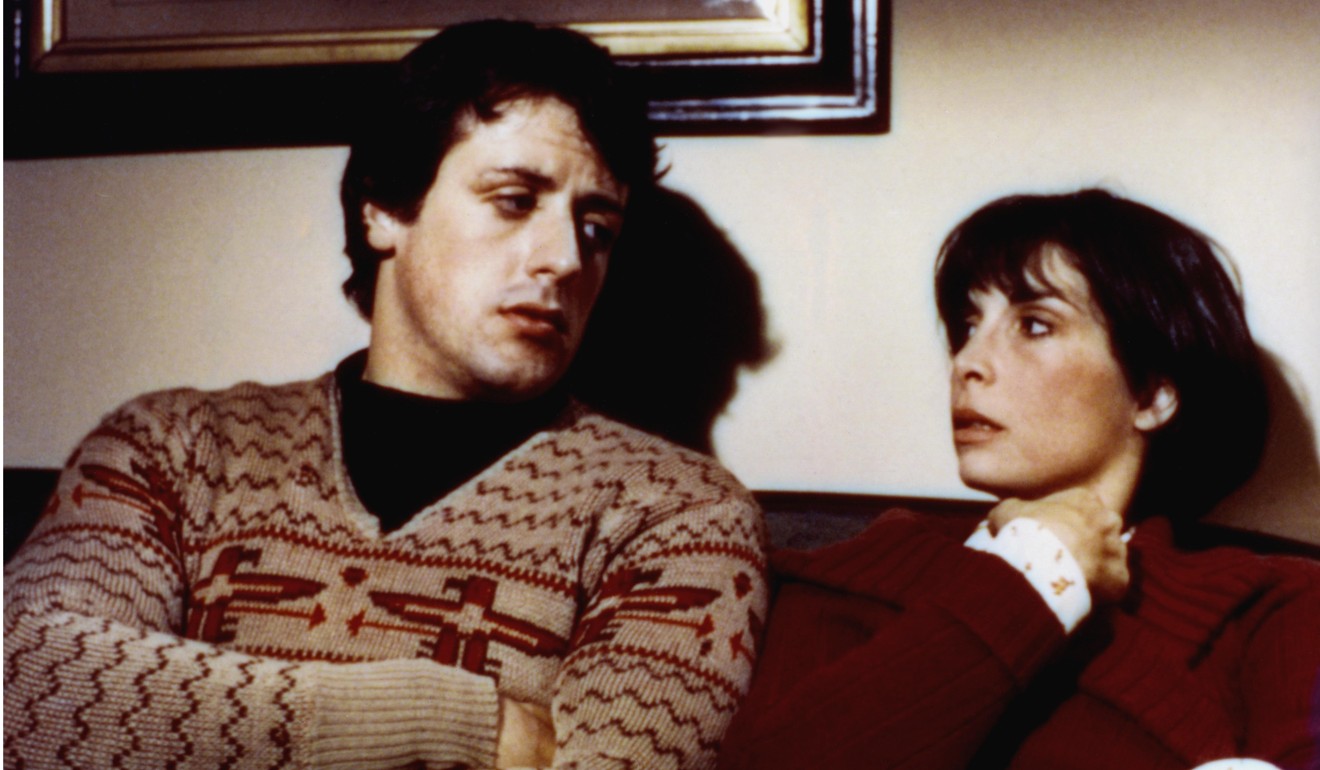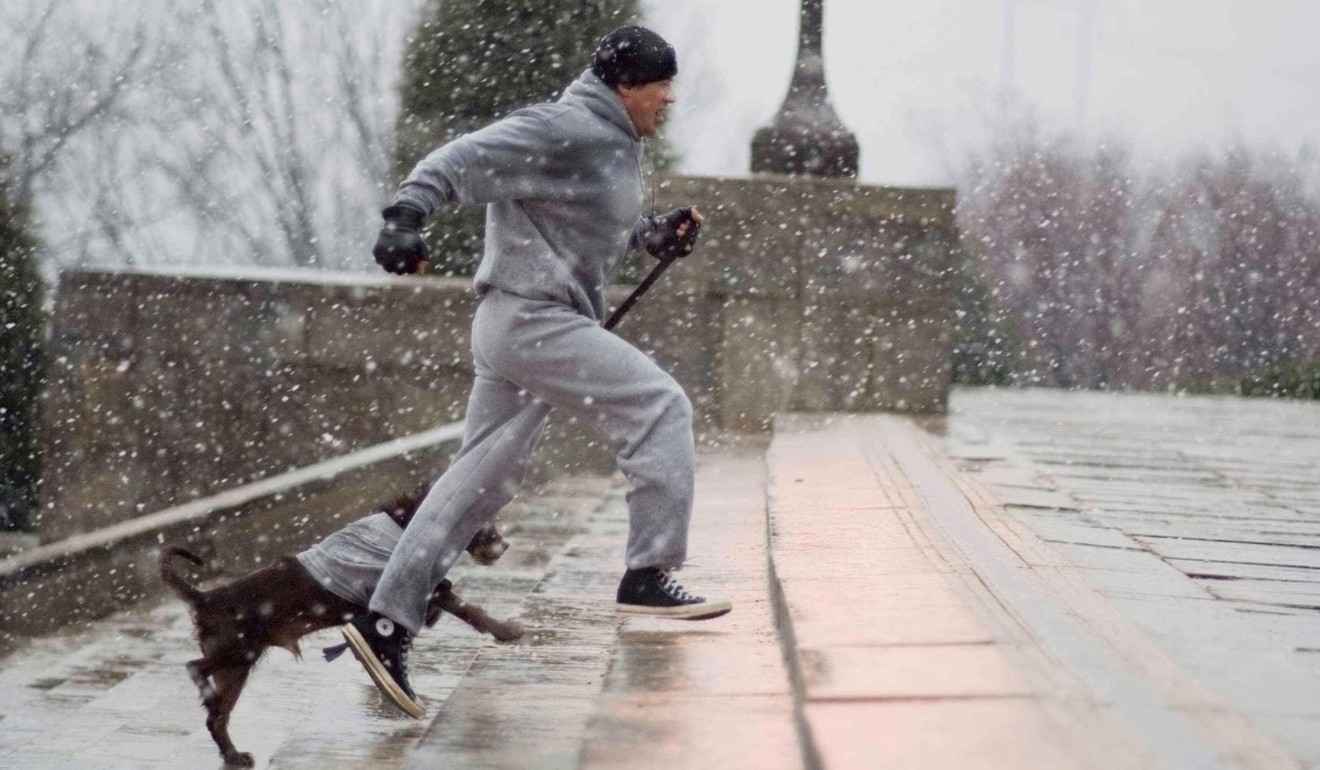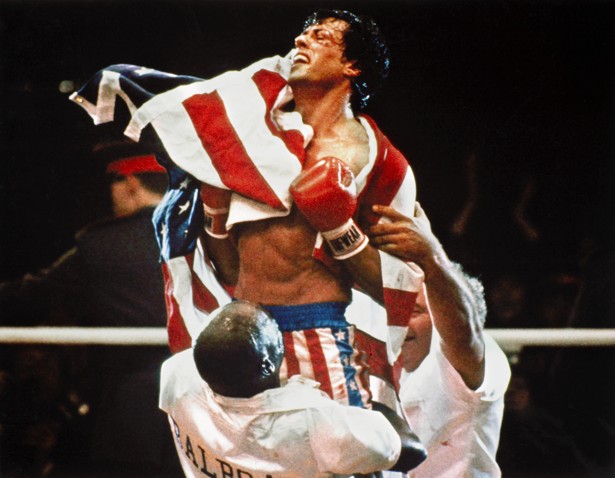
In this regular feature series on some of the most talked-about films, we examine the legacy of classics, re-evaluate modern blockbusters, and revisit some of the most memorable lines in film. We continue this week with the 1976 boxing drama Rocky.
Written by Sylvester Stallone to help launch his acting career, Rocky has one hell of a legacy. The original 1976 film won three – on reflection, dubious – Oscars, spawning seven sequels and, together, grossing nearly US$1.5 billion.
Blade Runner 2049: looks amazing, but there’s blankness at its heart
But it isn’t quite the air-punching triumph people remember. Indeed, for most of its runtime it is unrelentingly downbeat. There’s not much boxing either.
Set in seedy, downtown Philadelphia – all decaying docks and trash-can fires – the film introduces Rocky (Stallone), a two-bit boxer. To make ends meet, he works for the mafia as an enforcer, and he nurses a crush on timid pet-shop worker Adrian (Talia Shire).
To begin with, his prospects are as grim as the desolate city streets. But then world heavyweight champion Apollo Creed (Carl Weathers) arrives in town looking for an opponent, and Rocky has five weeks to shape up for the fight of his life.
Though he has presence and pluck, Stallone isn’t an especially good actor, and you can see director John G Avildsen giving him little bits of business (such as bouncing a ball or throwing darts) to show us where to focus. The script, meanwhile, works double-time to make us feel sorry for Rocky, whether he’s rehearsing jokes to tell Adrian, talking to his pet turtles, or keeping his locker combination safe under his hat.
It doesn’t always work. The seduction of Adrian is particularly ill-judged. Rocky takes her to an ice rink out-of-hours (a scene nodded to in Happy Gilmore, also featuring Weathers), then bores on for ages about boxing. Later, at his flat, she seems actively afraid of him, and asks to leave several times before he insists on kissing her. It’s meant to show the character’s gradual blossoming, but it looks uncomfortably like coercion.


There’s also an undercurrent of racial anxiety that, while pertinent to the time and place, today feels a bit like racism.
Early on, Rocky complains about losing his gym locker to an African-American fighter; later, Creed, another African-American, dresses up as Uncle Sam and says he relishes fighting Rocky, because, as an Italian-American, he’s a descendant of Christopher Columbus. The inference is that the Caucasian characters are being forced out of American life, with Rocky their “great white hope” of evening the score.
After 90 minutes of dingy drama, the film finds its stride in the training scenes. There’s some great travelling shots of Rocky running by the docks, spurred on by Bill Conti’s iconic theme, Gonna Fly Now. It’s just a shame the final fight, when it finally comes, is over so soon and edited so badly.
Ultimately, this isn’t a film about boxing, but about triumphing against the odds – and it’s not Rocky we’re cheering, but Stallone.

Want more articles like this? Follow SCMP Film on Facebook







